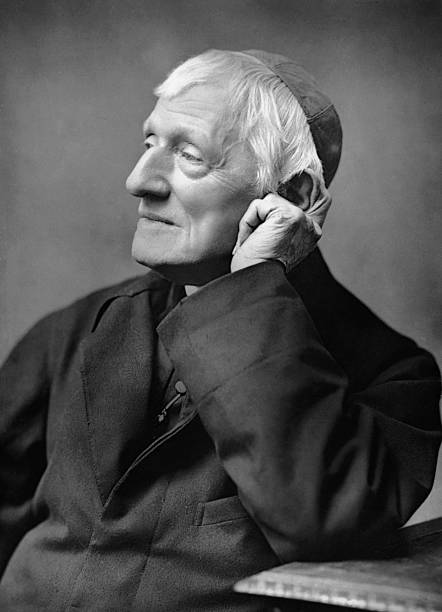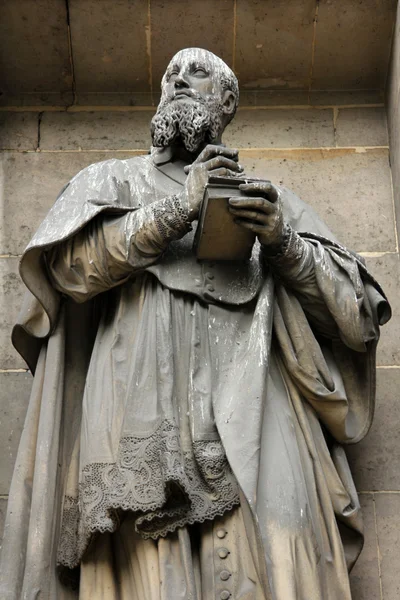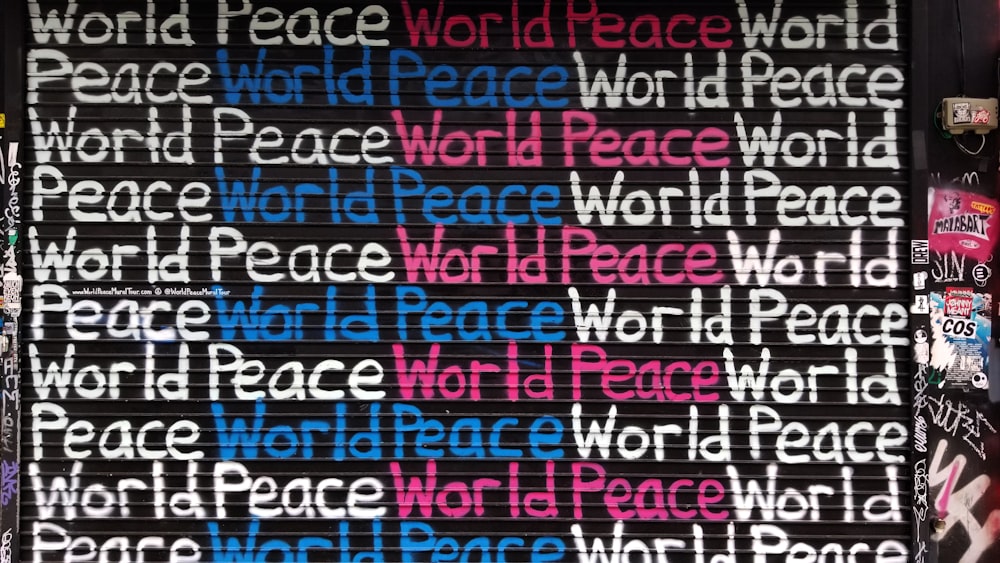
It's not easy to follow the Catholic faith while running a business? Many things need to be done. With these words, the Peace Column of the Catholic Peace Weekly begins.
This is a conversation that usually appears at the beginning when people who know that the writer is a Catholic ask him questions as head of a foundation. This prejudice may have arisen from the idea that corporations are profit-seeking groups. However, as you know, business activities are not simply the pursuit of profit. They also have responsibility for society, including employment, and activities with various purposes and functions. The writer has been a businessman for a long time and is thankful for having a faith life.
"Who are trustworthy persons?" "How does one go about getting a lot of trustworthy people?"
Management becomes easier when there are many people you can trust. There will be fewer mistakes and failures, and the effort to check and monitor will inevitably be reduced. "Can you trust that friend?" The answer to this very common question is that the same words are repeated all the time.
"Of course. That friend and my brother-in-law lived in the same neighborhood for some time. It's a local person. You can believe what is said." "Yes, it's okay to trust that friend. I went to middle and high school with that friend for six years." "Yes, he is trustworthy. My cousin is married to that person, so I know the family well."
It sounds good when you hear it, but if you think about it, the answer is that it's okay to trust because there is a relationship between friends, school, and blood. However, it has been proven countless times how futile such trust based on regionalism, academic ties, and blood ties is in companies and organizations, there are still many in our society that cannot escape from this thinking.
So, who can be trusted? And how can you make sure there are a lot of trustworthy people in your organization?
"A trustworthy person admits his mistakes and keeps his promises." Since mistakes are not covered over but made known unconditionally, it is possible to know transparently whether the person did a good job or not. If he honestly admits that he has done something wrong, he should be allowed to realize and learn so that it does not happen again. A person who keeps his promise is someone who can increase credibility and sustainability even if he loses something in keeping his promise. Exposed to harsh performance-oriented evaluations and unlimited competition, performance and results take first place and honesty is pushed aside.
However, with faith, it is already clear that we must admit mistakes and live a life that keeps our promises. Are there any more powerful means of admitting mistakes than the sacrament of confession? Is there a more powerful promise than making a promise with God through daily prayer and reaching the resurrection beyond death? The Catholic faith always teaches us to raise reliable people who admit their mistakes and keep their promises. This explanation leads to the next question.
"Then, wouldn’t it be better to hire more people with such good character?" "No, it won’t be. What can make a person of good character bad is the way a company operates."
No matter how good the character is, if a company's operating rules are harsh and if a mistake is made, regardless of the process and cause, if punishment and disadvantages are given, everyone will cover up the mistake. It is because in the management of the organization survival takes precedence. No matter how much a practitioner makes a promise to an external stakeholder, if he is constantly driven by supremacy of performance, he has no choice but to choose performance and abandon his promises if he wants to survive. In other words, if the organization is operated in a way that allows mistakes to be admitted and promises to be kept, more people can be trusted, and if the evaluation is harsh and constantly based on short-term performance, even people with good character will hide mistakes and abandon promises.
However, God gives us infinite love so that we can admit our mistakes and ask for forgiveness and become better people. Our work will also improve.





